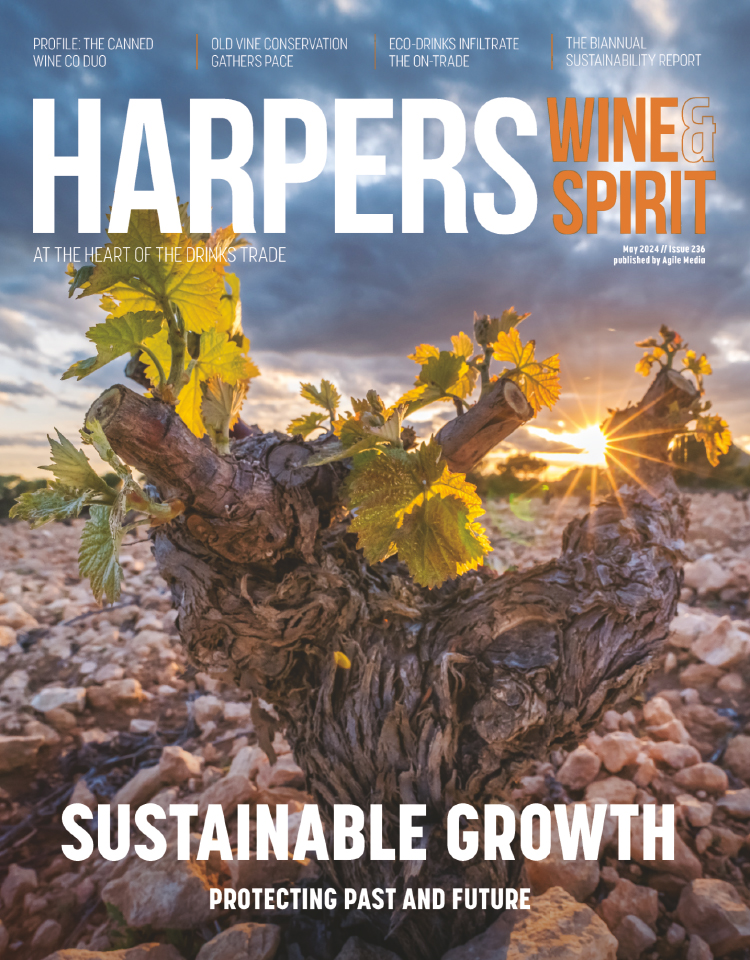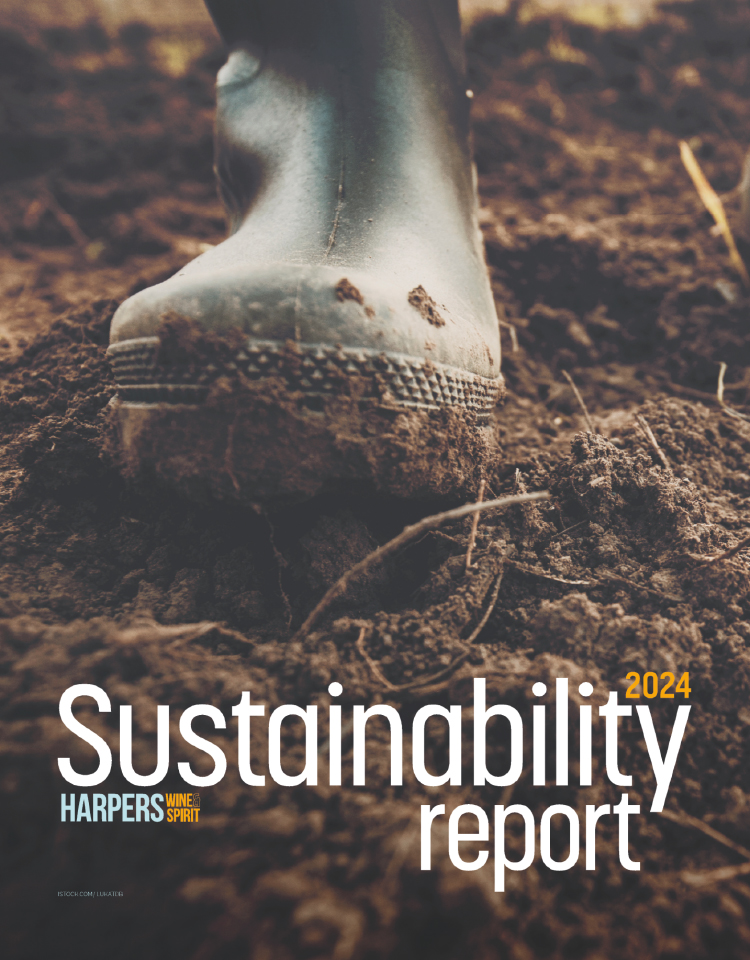
Young consumers are making UK leisure spend more diverse, survey shows
The thirst for new experiences among young consumers is driving a trend towards diversity in leisure spending, according to the latest Greene King Leisure Trend Tracker.
Close to a third of British consumers are eating and drinking at a wider range of venues than they were two years ago, the survey reveals.
Among those aged 18-24, that rises to 51%, with the figure at 37% for 25-34 year olds.
Relatedly, the 18-24 cohort is the only demographic where the percentage of those who are eating out more often than two years ago outnumbers those who are eating out less, at 32% and 23% respectively.
Every other demographic is eating out less than it was two years ago, with 33% overall reporting fewer evening dining occasions, as opposed to 12% who are eating out more often than they did.
Some 37% of those aged 25-44 are eating out less often - as are, perhaps relatedly, 38% of those in families with children.
The average household leisure spend was £220 for December, up 5% year on year.
However spend on eating and drinking out remained unchanged.
Pubs are the most popular destination for an evening meal, with some 40% of consumers picking them as their first preference.
Overall leisure spend for the year was up 8% among families with children.
Fiona Gunn, group marketing director for Greene King, said: "In spite of the economic pressures faced by today's Generation Y, they are the most likely of any group to report that they are going out for meals in the evening, compared to a couple of years ago.
"It was again this age bracket that proved that they're broadening their horizons fastest as the majority of these youngsters are experimenting with a wider range of places when eating and drinking out."
The Greene King Leisure Spend Tracker is a monthly omnibus questionnaire run on behalf of Greene King by YouGov in collaboration with the Trajectory Partnership.
Each month's report is based on an online, nationally representative sample of around 4,000 British adults.







